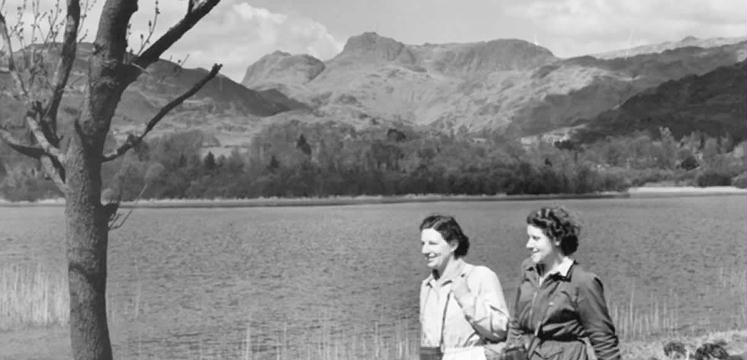This has echos to me of the Right to Roam law, except, instead of access to land, we are now facing a modern day argument where we are being specifically prevented from using the
public highways and byways that we all pay for as motorised vehicle owners, imho. With emphasis on the word 'public' as we're not even asking for the right of access to private land, merely to be able to use what already belongs to us all.
Here's an extract about the Right to Roam from Wikipedia to give you a sense of what I'm trying to say.
United Kingdom
In the
United Kingdom, outside Scotland, access to much uncultivated and unenclosed land was restricted prior the enactment of the
Countryside and Rights of Way Act 2000. Access to land in England and Wales is still more limited than in most of Northern Europe, and some other European countries, while access is very limited in Northern Ireland. Property was formerly protected in England and Wales mostly to preserve the landowner's hunting or fishing rights. The
Ramblers' Association, which works to increase the rights of walkers in the United Kingdom, was a driving force behind this legislation.
England and Wales
In
England and Wales, after a polarised debate about the merits, rights and benefits of private landowners and public recreation, in 2000 the Government legislated to introduce a limited
right to roam, without compensation for landowners. The Countryside and Rights of Way Act 2000 (CROW) was gradually implemented from 2000 onwards to give the general public the conditional right to walk in certain areas of the English and Welsh countryside: principally
downland,
moorland,
heathland and coastal land.[28] Forests and woodlands are excluded, other than publicly owned forests, which have a similar right of access by virtue of a voluntary dedication made by the
Forestry Commission. Developed land, gardens and certain other areas are specifically excluded from the right of access. Agricultural land is accessible if it falls within one of the categories described above. People exercising the right of access have certain duties to respect other people's rights to manage the land, and to protect nature.
The new rights were introduced region by region through England and Wales, with completion in 2005. Maps showing accessible areas have been produced. Traditionally the public could walk on established
public footpaths and
bridleways, on
common land and on the
foreshore, and land owners could prevent access to other areas (or charge a fee for access).
Angling interests successfully lobbied for the exclusion of rivers in England and Wales from CROW, leaving other river users such as
swimmers and
canoeists with access restricted to less than 2% of navigable water. The
British Canoe Union is running the
Rivers Access Campaign, to highlight the level of restrictions the public face in gaining access to inland waterways in England and Wales.
Much of the
Dartmoor National Park has been designated as 'Access Land', although it remains privately owned, since the Dartmoor Commons Act 1985, with no restrictions on where walkers can roam.[29] Because of the 1985 Act, Dartmoor was largely unaffected by the Countryside and Rights of Way Act 2000, which established similar rights in other rural parts of the country, but in 2006, this Act opened up much of the remaining restricted land to walkers.
Scotland
In Scotland the
Land Reform (Scotland) Act 2003 comprehensively codified into
Scots law the ancient tradition of the right to universal access to the land in Scotland. The act specifically establishes a right to be on land for recreational, educational and certain other purposes and a right to cross land. The rights exist only if they are exercised responsibly, as specified in the
Scottish Outdoor Access Code.
Access rights apply to any non-motorised activities, including walking, cycling, horse-riding and wild camping. They also allow access on inland water for canoeing, rowing, sailing and swimming. The rights confirmed in the Scottish legislation are greater than the limited rights of access created in England and Wales by the Countryside and Rights of Way Act 2000 (CRoW).[30]

